Back
Web3 Dev Huddle Keynote Recap: Shan Han Discusses Network Effects, Hackathons, and Education Driving Web3 Mass Adoption
Events
By HackQuest
Nov 22,20244 min readOn November 14, 2024, HackQuest and Gate Ventures, alongside Open Campus and KIP Protocol, hosted the second Web3 Dev Huddle: Gateway to Web3 at Gaysorn Tower, Bangkok. Shan Han, Core Contributor at OpenCampus, delivered a keynote highlighting Web3’s transformative potential, Animoca Brands’ role in driving network effects, and the innovation fueled by OpenCampus and hackathons. Read on for key insights from his session.
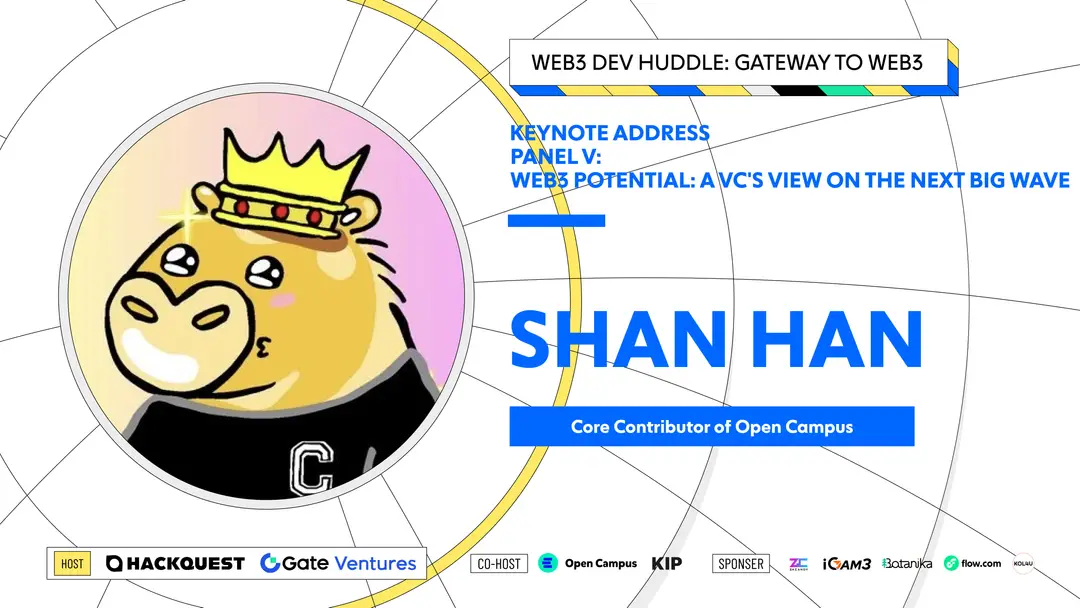
Key Takeaways
●Web3 Philosophy: Shan emphasized that Web3's strength lies in empowering individuals with digital property rights and aligning participants through tokenization to grow networks.
●Animoca Brands' Role: Animoca Brands operates as a bridge to Web3 adoption, with over 550 portfolio companies, focusing on creating network effects and value transfer through tokens like $EDU.
●Hackathon Impact: The Semester 1 EDU Chain Hackathon engaged 4,672 developers and generated 724 submissions. Semester 2 promises a $250,000 prize pool to fuel innovation in education, NFTs, and more.
●Vision for the Future: Shan calls on builders and investors to foster ecosystems that give users ownership and avoid pitfalls of Web2 centralization.
Web3: Redefining Digital Property Rights
Opening his keynote, Shan painted a compelling vision of Web3 as a transformative force. "Web3 is more than technology; it’s about aligning participants to work toward the common goal of growing the network," he stated. Central to this philosophy is the concept of digital property rights, a foundation for fair and open economies where users own their contributions.
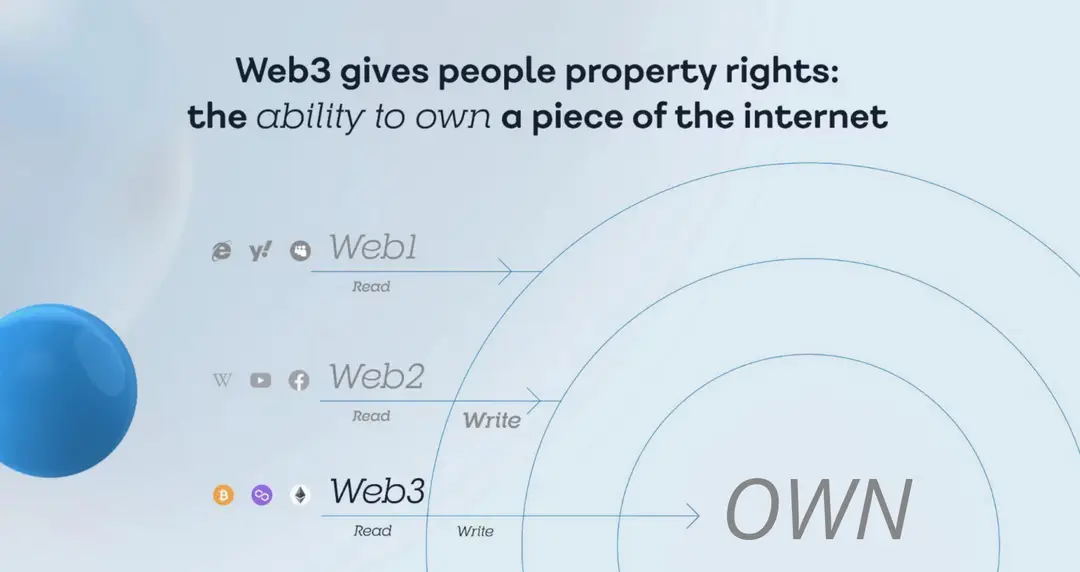
Shan contrasted the evolution from Web1 to Web3, highlighting the shift from centralized platforms controlling user data in Web2 to decentralized ownership in Web3. "Tokenization represents stakeholder capitalism," he emphasized, underscoring its role in creating equitable ecosystems.
The Power of Network Effects
Shan emphasized Animoca Brands’ role in leveraging network effects to drive Web3 innovation. With over 550 portfolio companies, Animoca functions as an "ETF for decentralized projects", fostering collaboration and exponential value creation across its ecosystem. Shan highlighted the essential role of tokens, stating, “A network without a value transfer mechanism is incomplete. That’s why tokens like $EDU are essential—they’re the lifeblood of our ecosystem.” By enabling seamless value exchange, tokens align incentives and fuel the interconnected growth of developers, users, and projects within the network.
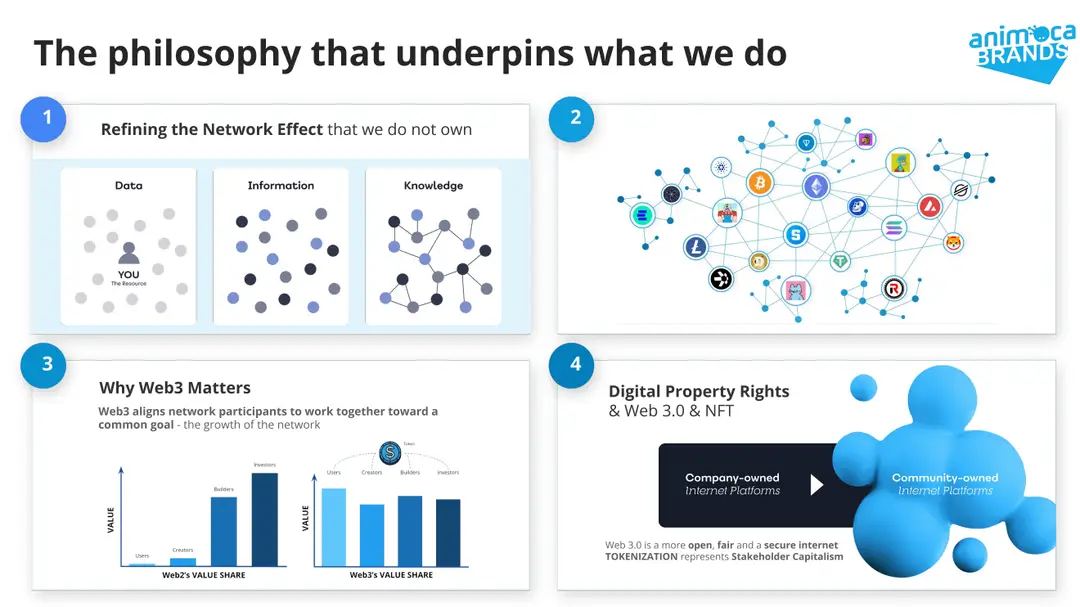
EDU Chain: Building a Web3 Education Backbone
The EDU Chain, a Layer 3 Rollup on the Arbitrum Orbit Stack, is central to OpenCampus’ mission to integrate education into the Web3 ecosystem. As the first blockchain focused on education, it streamlines learning workflows and enables educators and learners to benefit from tokenized incentives. Shan Han explained, “Tokenizing education ensures that contributors are rewarded fairly, creating a more engaging and sustainable system for all participants.”
Han also highlighted the importance of hackathons in driving meaningful innovation. The Semester 1 Hackathon brought together 4,672 developers and resulted in 724 project submissions, showcasing the value of collaborative efforts. With a $250,000 prize pool for Semester 2, covering tracks like DeFi, NFTs, and education, Han invited developers to contribute to shaping the evolving education ecosystem, emphasizing, “Hackathons are key to fostering creativity and building solutions that move the industry forward.”
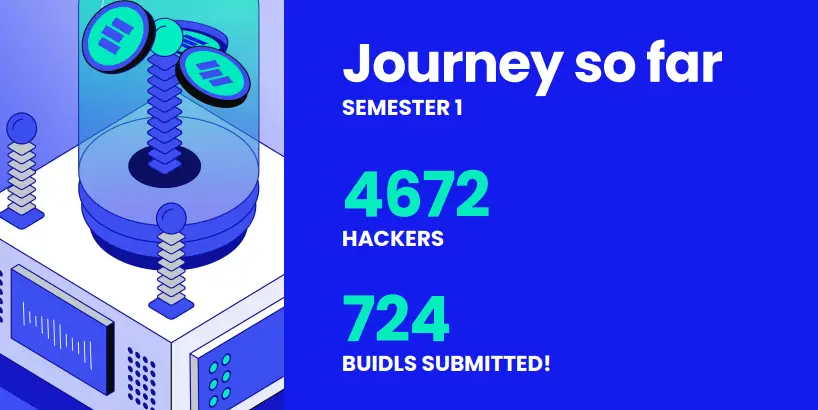
Call to Action: Building Meaningful Networks
Shan concluded with a challenge to the audience: “If we’re not building networks that empower users and enable true ownership, we risk falling back into Web2 patterns of control.” He urged builders to consider how their ecosystems transfer value and investors to prioritize collaboration within their portfolios.
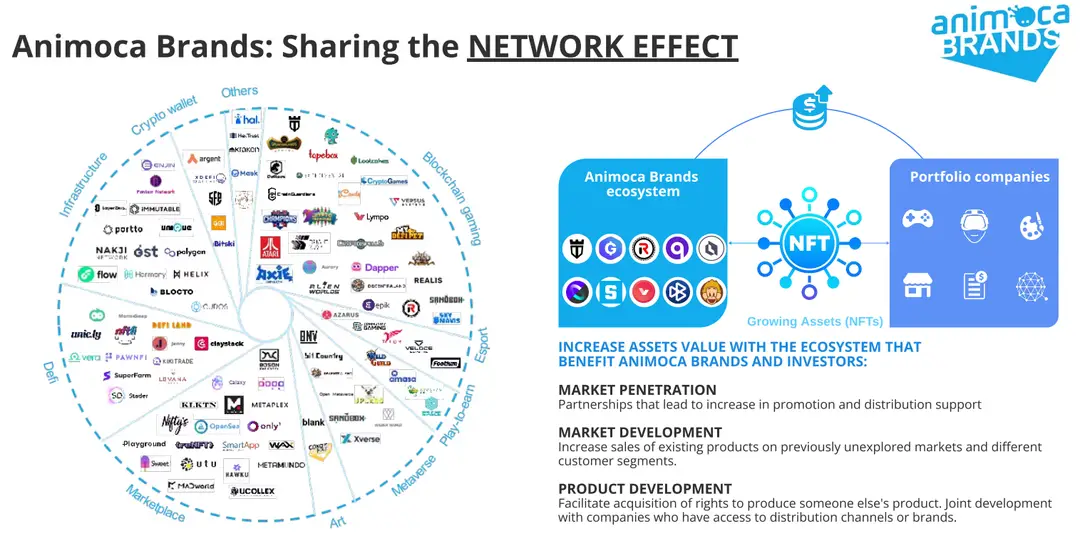
His concluding line encapsulated the spirit of the talk: "We’re not just creating technology; we’re shaping the future. Let’s make sure it’s a future where everyone owns a piece of it."
Closing Thoughts
Shan’s keynote presented a focused vision for utilizing Web3 principles to catalyze change, particularly in education. By strategically using tokens, encouraging hackathons, and harnessing network effects, Animoca Brands and OpenCampus are leading the shift towards a decentralized ecosystem. Their initiatives illustrate Web3's potential to empower individuals, align incentives, and fulfill its promises of ownership, collaboration, and equity.